September 28 stands as one of history’s most eventful days, witnessing the rise and fall of empires, groundbreaking discoveries, and moments that shaped our modern world across centuries of human achievement.
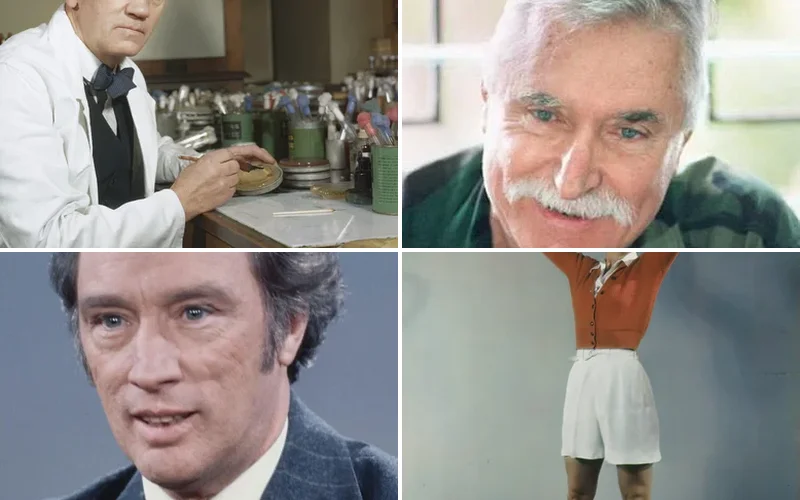
Politics and Government Events on September 28
1912 – Ulster Covenant Signed by 500,000 Unionists
Half a million Ulster Unionists signed the Ulster Covenant in fierce opposition to the Third Irish Home Rule Bill. This massive demonstration of political resistance showcased the depth of Protestant opposition to Irish independence.
The covenant signing represented one of the largest political protests in British history. The event would later contribute to the partition of Ireland and decades of sectarian conflict.
1961 – Military Coup Ends United Arab Republic
A military coup in Damascus effectively dissolved the United Arab Republic, severing the political union between Egypt and Syria. Syrian officers seized control of government buildings and declared independence from Egyptian rule.
The coup marked the end of Arab nationalism’s most ambitious experiment in political unity. President Gamal Abdel Nasser’s dream of pan-Arab leadership suffered a devastating blow that reshaped Middle Eastern politics.
1995 – Israeli-Palestinian Interim Agreement Signed
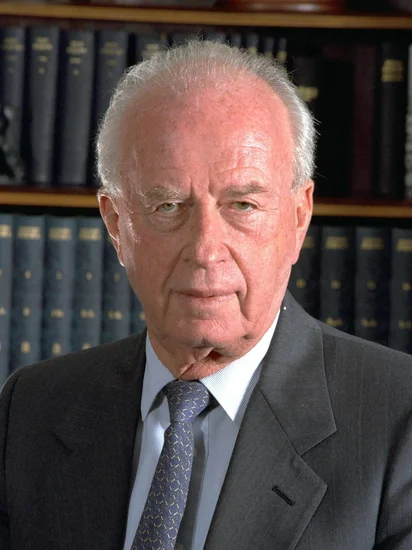
Israeli Prime Minister Yitzhak Rabin and PLO Chairman Yasser Arafat signed the historic Interim Agreement on the West Bank and Gaza Strip. The ceremony represented a crucial step forward in the Oslo peace process.
The agreement established Palestinian self-governance in major West Bank cities and Gaza. Both leaders demonstrated remarkable courage in pursuing peace despite fierce opposition from extremists on both sides.
2014 – Hong Kong Protests Begin

The 2014 Hong Kong protests erupted in response to restrictive political reforms imposed by Beijing’s National People’s Congress. Thousands of pro-democracy activists occupied central Hong Kong demanding genuine universal suffrage.
The Umbrella Movement, as it became known, represented the largest political demonstration in Hong Kong’s history. The protests highlighted growing tensions between Hong Kong’s democratic aspirations and Beijing’s authoritarian control.
1986 – Taiwan’s First Opposition Party Formed
The Democratic Progressive Party became Taiwan’s first legal opposition party, breaking decades of single-party rule. This historic formation marked a crucial step toward Taiwan’s democratic transformation.
The party’s establishment challenged the Kuomintang’s monopoly on political power. Taiwan would eventually become one of Asia’s most vibrant democracies through this peaceful political transition.
Military and Naval History on September 28
1901 – Philippine-American War Guerrilla Attack
Filipino guerrillas launched a devastating attack against American forces, killing more than forty soldiers while losing twenty-eight of their own. The ambush demonstrated the effectiveness of guerrilla warfare tactics against conventional military forces.
This engagement highlighted the brutal nature of the Philippine-American War’s insurgency phase. American forces struggled to combat Filipino fighters who enjoyed significant local support and knowledge of the terrain.
1918 – Fifth Battle of Ypres Begins
The Fifth Battle of Ypres commenced as Allied forces launched their final offensive in the Ypres Salient. British and Commonwealth troops advanced against German positions in the war’s closing months.
The battle represented part of the Hundred Days Offensive that would ultimately lead to Germany’s defeat. Allied forces demonstrated superior tactics and coordination that overwhelmed German defensive positions.
1939 – Nazi-Soviet Division of Poland Agreed
Nazi Germany and the Soviet Union finalized their agreement to partition conquered Poland between their respective spheres of influence. This cynical arrangement sealed Poland’s fate and demonstrated the totalitarian powers’ ruthless pragmatism.
The agreement followed the successful German invasion and Soviet occupation of eastern Poland. Both dictatorships systematically destroyed Polish independence and murdered thousands of Polish intellectuals and officers.
1941 – Drama Uprising Against Bulgarian Occupation
Greek resistance fighters launched the Drama uprising against Bulgarian occupation forces in northern Greece. The revolt represented early organized resistance to Axis occupation in the Balkans.
Local fighters demonstrated remarkable courage despite facing overwhelming odds against Bulgarian troops. The uprising inspired similar resistance movements throughout occupied Greece and Yugoslavia.
Science and Discovery Milestones on September 28
1928 – Alexander Fleming Discovers Penicillin
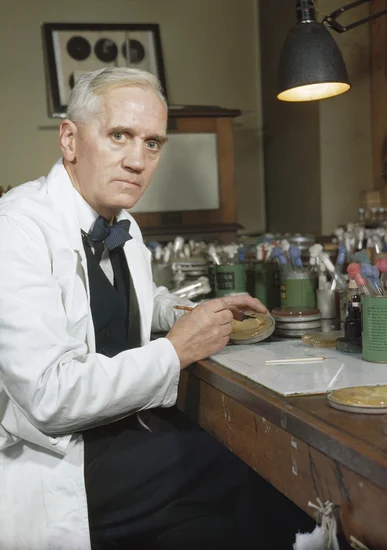
Alexander Fleming noticed a bacteria-killing mold growing in his London laboratory, leading to the discovery of penicillin. This accidental observation would revolutionize medicine and save millions of lives.
Fleming’s careful investigation of the mold’s properties revealed its remarkable antibiotic effects. The discovery launched the antibiotic era and transformed medical treatment of bacterial infections worldwide.
2008 – Falcon 1 Achieves Private Orbital Success

SpaceX’s Falcon 1 became the first privately developed liquid-fuel rocket to successfully place a payload into Earth orbit. The RatSat mission marked a watershed moment in commercial space exploration.
Elon Musk’s company achieved what many thought impossible for private enterprise. The success validated the commercial space industry and paved the way for revolutionary advances in space technology.
1924 – First Aerial Circumnavigation Completed
A United States Army team completed the first aerial circumnavigation of the globe, demonstrating aviation’s potential for long-distance travel. The historic flight required exceptional skill and endurance from the pioneering aviators.
The achievement captured global attention and proved aviation’s viability for international transportation. The successful circumnavigation inspired commercial aviation development and international air route establishment.
Cultural and Arts Events on September 28
1912 – First Enlisted Aviation Fatality
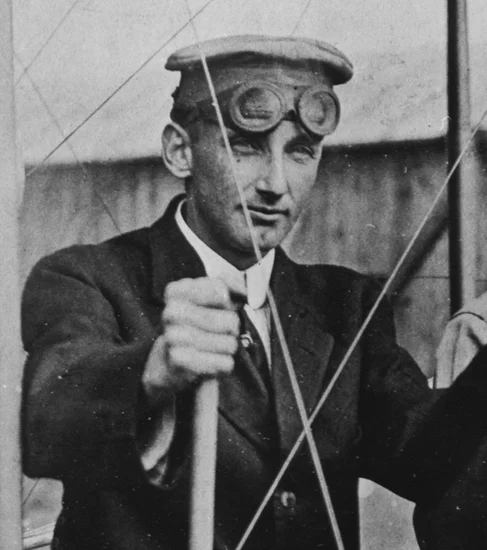
Corporal Frank S. Scott became the first enlisted man to die in an airplane crash, marking a tragic milestone in aviation history. His death highlighted the extreme dangers faced by early military aviators.
Scott’s sacrifice demonstrated the courage required for aviation’s pioneering era. His legacy inspired improved aircraft safety measures and better training procedures for military pilots.
1951 – CBS Launches Color Television Sales
CBS began selling the first color televisions available to the general public, representing a major leap forward in broadcasting technology. The innovative sets promised to revolutionize home entertainment.
Despite initial excitement, the product was discontinued within a month due to compatibility issues. The premature launch highlighted the challenges of introducing revolutionary technology to mass markets.
1978 – Pope John Paul I Dies
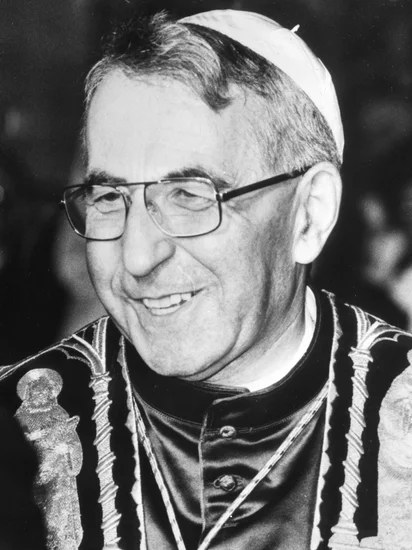
Pope John Paul I died after serving only thirty-three days as pontiff, shocking the Catholic world with his sudden passing. His brief papacy had promised significant reforms within the Church.
The “Smiling Pope” had captured hearts worldwide with his warmth and accessibility. His unexpected death led to numerous conspiracy theories and decades of speculation about the circumstances.
Religious and Social Events on September 28
1919 – Omaha Race Riots Begin
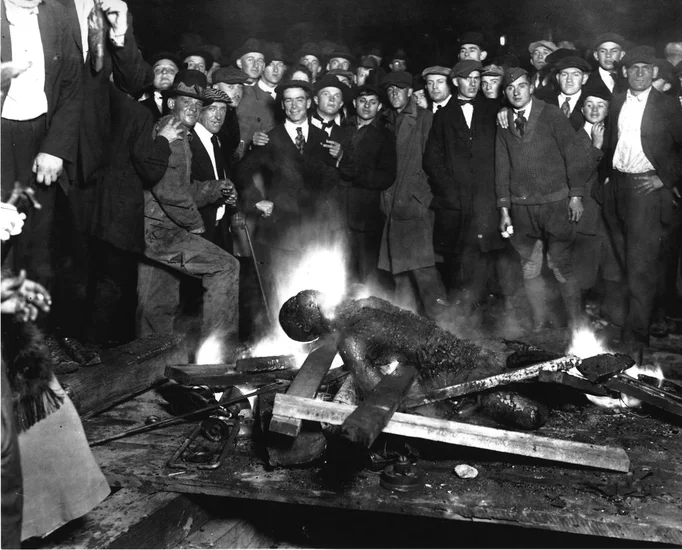
Violent race riots erupted in Omaha, Nebraska, reflecting the nationwide racial tensions following World War I. White mobs attacked African American neighborhoods with unprecedented fury.
The riots demonstrated the deep-seated racism that plagued American society in the post-war era. These events highlighted the urgent need for civil rights legislation and social justice reforms.
1958 – Gay Bashing Victim Dies in New Orleans
Fernando Rios, a Mexican tour guide, died from injuries sustained in a gay bashing incident in New Orleans. His death represented the brutal reality of anti-LGBTQ+ violence in America.
The tragedy highlighted the dangerous climate faced by LGBTQ+ individuals in the pre-civil rights era. Rios’s death became part of the broader struggle for LGBTQ+ rights and acceptance.
1975 – Spaghetti House Siege in London
Nine people were taken hostage during the Spaghetti House siege in London, creating a tense standoff that captivated British media. The incident demonstrated the growing problem of urban violence.
The siege highlighted security vulnerabilities in London’s restaurant district. Police negotiators worked tirelessly to resolve the crisis without loss of life.
Business and Economic Events on September 28
1973 – ITT Building Bombed in Protest
The ITT Building in New York City was bombed in protest of the corporation’s alleged involvement in the Chilean coup d’état. The explosion highlighted growing anti-corporate sentiment and international political tensions.
The bombing demonstrated how multinational corporations had become targets for political activists. ITT’s alleged CIA connections made it a symbol of American corporate imperialism.
1995 – Mercenaries Seize Comoros Islands
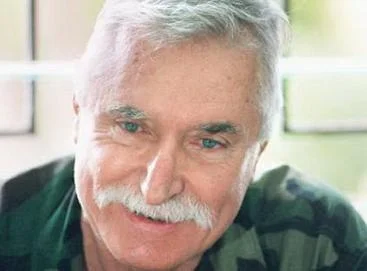
Bob Denard and his group of mercenaries captured the Comoros Islands in a swift coup, demonstrating the ongoing instability in African politics. The operation showcased the continued influence of foreign mercenaries in African conflicts.
Denard’s fourth coup in the Comoros revealed the islands’ chronic political instability. The mercenary leader’s actions highlighted France’s complex relationship with its former African colonies.
2016 – South Australian Blackout Occurs
A massive blackout struck South Australia, leaving the entire state without electricity for up to three days in some areas. The unprecedented power failure exposed vulnerabilities in Australia’s electrical grid system.
The blackout affected nearly two million people and caused widespread economic disruption. The crisis prompted major reforms in Australia’s energy policy and grid management systems.
Transportation and Infrastructure on September 28
1992 – Pakistan International Airlines Crash

Pakistan International Airlines Flight 268 crashed into a hill in Nepal, killing all 167 passengers and crew aboard. The tragedy highlighted the dangers of flying in mountainous terrain with challenging weather conditions.
The crash ranked among the deadliest aviation disasters in Pakistani history. Investigation revealed the complex factors that contribute to aviation accidents in difficult geographic conditions.
1994 – MS Estonia Ferry Disaster
The cruise ferry MS Estonia sank in the Baltic Sea during a severe storm, killing 852 people in one of Europe’s worst maritime disasters. The tragedy shocked the Nordic countries and raised serious questions about ferry safety.
The disaster prompted major reforms in maritime safety regulations across Europe. Survivors’ accounts revealed the terrifying final hours as the ferry rapidly took on water.
2012 – Sita Air Flight 601 Crashes

Sita Air Flight 601 crashed shortly after takeoff in Madhyapur Thimi, Nepal, killing all 19 passengers and crew. The accident highlighted ongoing safety concerns with Nepal’s challenging aviation environment.
The crash occurred near Kathmandu airport, known for its difficult approach conditions. Nepal’s mountainous terrain and unpredictable weather create exceptional challenges for aviation safety.
Sports and Recreation on September 28
1941 – Ted Williams Achieves .406 Batting Average
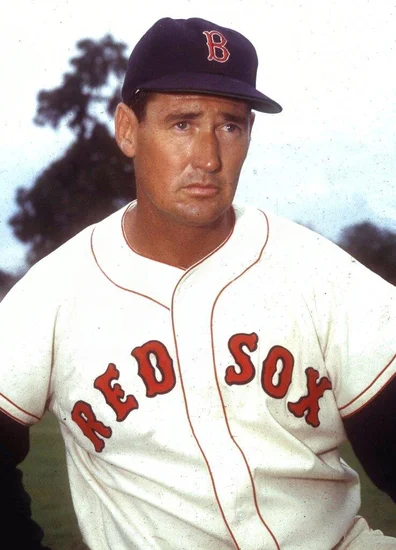
Ted Williams achieved a .406 batting average for the season, becoming the last major league baseball player to bat .400 or better. His remarkable achievement capped one of baseball’s greatest individual seasons.
Williams chose to play both games of a doubleheader on the season’s final day, risking his .400 average. His courage and skill created a batting record that remains unmatched after eight decades.
2008 – Singapore Grand Prix Inaugural Night Race
Formula One held its first-ever night race at the Singapore Grand Prix, with Fernando Alonso claiming victory. The spectacular event showcased Formula One’s innovation and global appeal.
The race was later tainted by the revelation that Alonso’s teammate had been ordered to crash deliberately. The scandal highlighted the extreme pressures and ethical challenges in modern Formula One racing.
1945 – Alice Marble Tennis Champion Born

Alice Marble entered the world destined to become one of tennis’s greatest champions. Her aggressive playing style would revolutionize women’s tennis and inspire future generations.
Marble’s powerful serve-and-volley game challenged traditional notions of women’s tennis. Her athletic approach helped establish tennis as a truly competitive sport for women.
Notable Births on September 28
1901 – Ed Sullivan Television Host Born
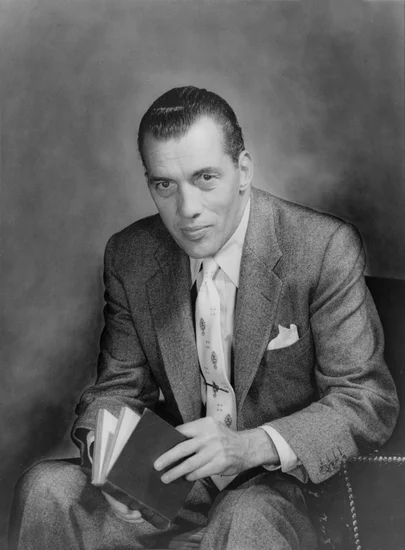
Ed Sullivan was born in New York City, destined to become America’s most influential television variety show host. His natural talent for entertainment would shape American popular culture for decades.
Sullivan’s Sunday night variety show introduced countless performers to national audiences. His program became a cultural institution that launched careers and defined American entertainment.
1926 – Marcello Mastroianni Italian Actor Born
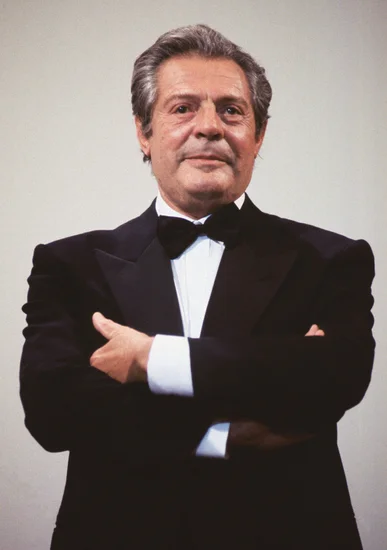
Marcello Mastroianni entered the world in Italy, beginning a journey toward international film stardom. His natural charisma and acting ability would make him one of cinema’s most beloved leading men.
Mastroianni’s collaborations with Federico Fellini created some of cinema’s most memorable characters. His performances captured the essence of Italian masculinity and European sophistication.
1941 – Brigitte Bardot French Actress Born

Brigitte Bardot was born in Paris, France, destined to become an international sex symbol and cultural icon. Her beauty and talent would revolutionize French cinema and global fashion.
Bardot’s performances challenged conventional morality and established her as a symbol of sexual liberation. Her influence extended far beyond cinema into fashion, lifestyle, and social attitudes.
1968 – Naomi Watts English-Australian Actress Born

Naomi Watts was born in England, beginning a journey that would lead to international acting acclaim. Her talent and versatility would earn her recognition as one of her generation’s finest performers.
Watts’ breakthrough roles in psychological thrillers established her as a serious dramatic actress. Her performances consistently demonstrated remarkable emotional depth and technical skill.
1982 – Ranbir Kapoor Indian Actor Born

Ranbir Kapoor was born into one of Bollywood’s most prominent film families, inheriting a legacy of cinematic excellence. His natural talent and dedication would establish him as one of Indian cinema’s leading actors.
Kapoor’s versatile performances have redefined contemporary Bollywood acting. His ability to portray complex characters has earned him critical acclaim and commercial success.
1987 – Hilary Duff American Singer-Actress Born

Hilary Duff was born in Houston, Texas, destined to become a multi-talented entertainer and teen icon. Her career would span music, television, and film across multiple decades.
Duff’s transition from Disney Channel star to mature artist demonstrated remarkable adaptability. Her music career and acting roles have consistently evolved with her personal growth.
Notable Deaths on September 28
1953 – Edwin Hubble Astronomer Dies
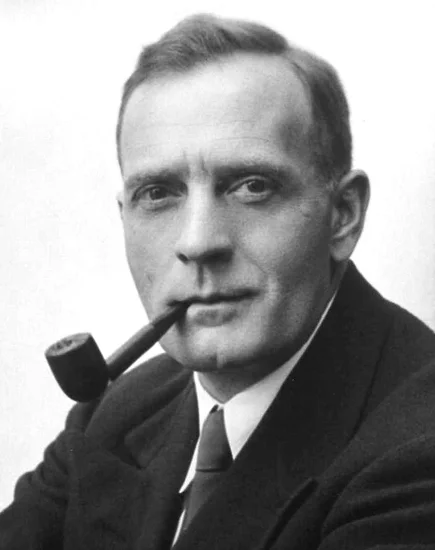
Edwin Hubble, the revolutionary astronomer who discovered the expanding universe, died at age 63. His groundbreaking observations fundamentally changed humanity’s understanding of the cosmos.
Hubble’s discovery that galaxies are moving away from us proved the universe is expanding. His work provided crucial evidence for the Big Bang theory and established modern cosmology.
1970 – Gamal Abdel Nasser Egyptian President Dies
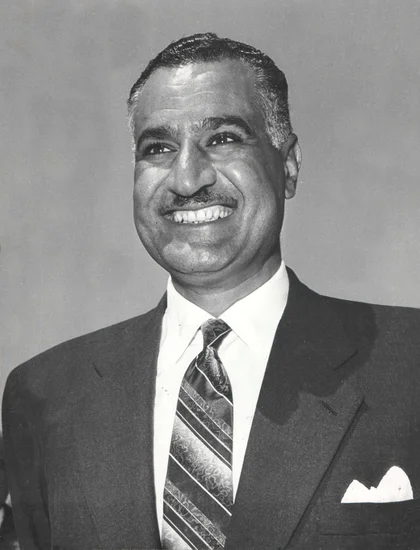
Gamal Abdel Nasser, Egypt’s charismatic president and champion of Arab nationalism, died of a heart attack in Cairo. His death marked the end of an era in Middle Eastern politics.
Nasser’s leadership had transformed Egypt from a monarchy into a modern republic. His vision of Arab unity and anti-colonial struggle inspired millions across the developing world.
1991 – Miles Davis Jazz Trumpeter Dies
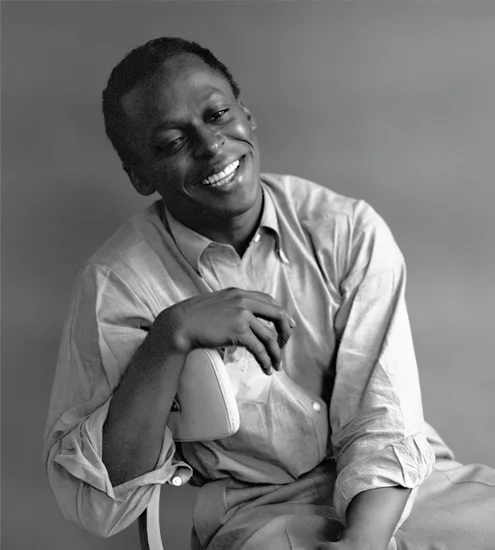
Miles Davis, the legendary jazz trumpeter and composer, died at age 65 after revolutionizing music multiple times throughout his career. His innovative approach consistently pushed jazz into new territories.
Davis’s influence extended far beyond jazz into rock, funk, and fusion music. His ability to reinvent his sound while maintaining artistic integrity made him one of music’s greatest innovators.
2000 – Pierre Trudeau Canadian Prime Minister Dies

Pierre Trudeau, Canada’s most charismatic and controversial prime minister, died at age 80. His leadership had fundamentally transformed Canadian society and politics.
Trudeau’s implementation of the Charter of Rights and Freedoms established Canada as a progressive democracy. His intellectual approach to politics and bilingual vision shaped modern Canadian identity.
2016 – Shimon Peres Israeli Statesman Dies
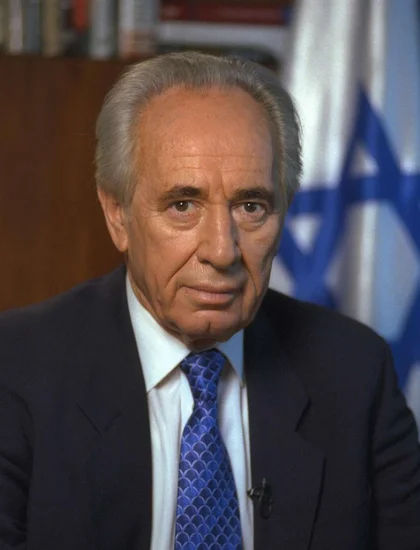
Shimon Peres, the Israeli statesman and Nobel Peace Prize winner, died at age 93 after serving his country for seven decades. His career spanned Israel’s entire modern history.
Peres’s evolution from hawk to dove exemplified the possibility of political transformation. His commitment to peace with Palestinians earned him international respect and the Nobel Prize.
Holidays and Observances on September 28
Czech Statehood Day
The Czech Republic celebrates its national statehood on this date, commemorating the patron saint Wenceslas and Czech independence. The holiday reflects the nation’s proud cultural heritage and democratic traditions.
Czechs honor their history of resistance against foreign occupation and their eventual achievement of freedom. The celebration includes religious ceremonies and cultural events throughout the country.
World Rabies Day

International organizations observe World Rabies Day to raise awareness about this deadly but preventable disease. The campaign promotes vaccination programs and education about rabies prevention.
Global health officials work to eliminate human deaths from rabies through coordinated vaccination efforts. The observance highlights the importance of international cooperation in fighting infectious diseases.
Teachers’ Day in Taiwan
Taiwan celebrates Teachers’ Day with special ceremonies dedicated to Confucius and educational excellence. The holiday recognizes the crucial role teachers play in society and human development.
Chinese-Filipino schools in the Philippines also observe this day, demonstrating the cross-cultural influence of Confucian educational values. The celebration emphasizes respect for learning and scholarly achievement.
